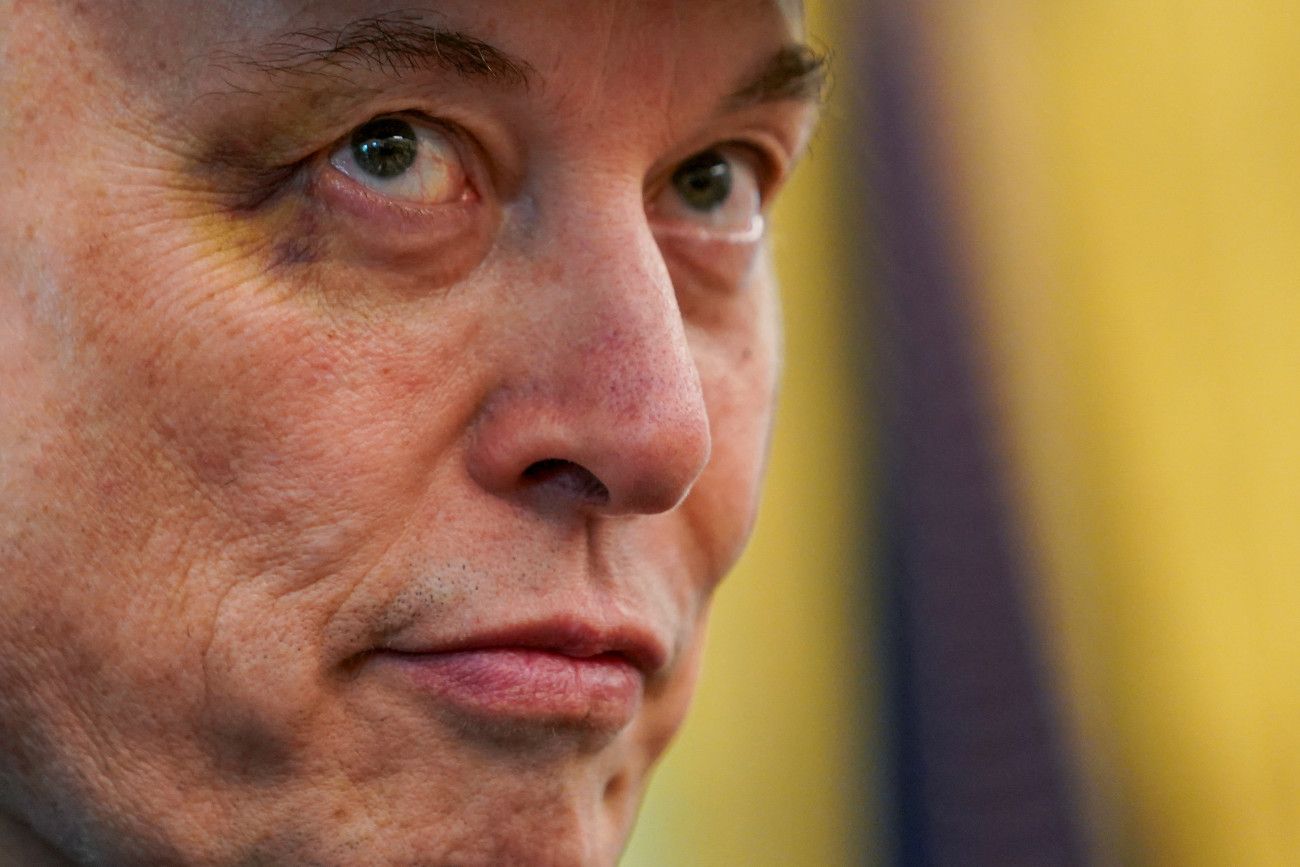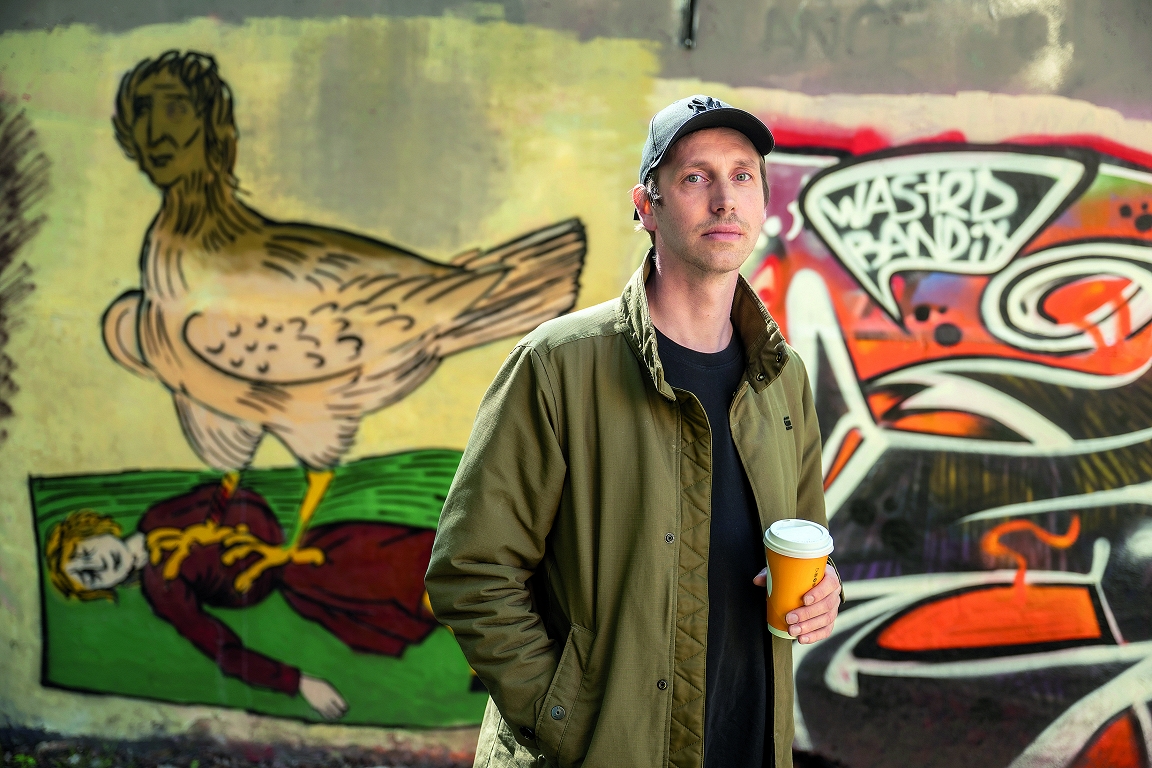A sense of justice to brush fanaticism

Last week I wanted to talk here about Michael Koolhaas and ended up dodging the subject. That is why I would like to return to Heinrich von Kleist’s book (1777-1811), which deserves more than a passing reference.
History is passed in the sixteenth century and is inspired by a true case. The protagonist is Michael Koolhaas, a wealthy horse merchant – good Christian, good husband, good father, good neighbor, a « of the most honorable and most terrible men of his time. » The backdrop is the 16th century saxonym, the territory where it was born and raised, by the hand of Martin Luther, the Protestant Reformation.
One day, Koolhaas heads to a fair to sell his animals, « well fed and bright hair. » He’s happy with life to think that he will spend the beautiful make -up with the business, when he goes out the mayor of a castle. ‘But what is this joke?’, Thinks of.
‘I did not know? Without a free traffic you will not be able to follow, ‘says the mayor. While arguing, the lord of the castle, von Tronka arrives with their entourage. Just your name is enough to leave the reader with the hair somewhat erected… the conversation does not take anywhere and the horses are held back. Koolhaas leaves a trusted servant to keep them as he heads to Dresden to get such a role in a missing role.
Upon arriving in Dresden, however, their suspicions are confirmed: there is no role. He was fooled, victim of a bad joke. And returns to the castle of Tronka to recover the horses. Find them in a miserable state. The servant who had taken care of them, his trusted man, was beaten.
Arriving here, we think Michael Koolhaas is a book about the abuse of power. But followed by tremendous events-that somehow echoes the social and religious seizures of the time.
Koolhaas’ various appeals go, one after another, bumping into successive obstacles. Von Tronka has a web of high calls to protect it. The horse merchant could simply give up his demand, would be the wisest. But you are willing to commit to everything you have, and it is not little to get justice. If they do not give it, it will have to be to do it by their own hands. He is leading a bunch of robbers who steal, kill and set fire to whole villages. Von Tronka’s Ocstale is the first victim.
So many pages, many adventures, the infamous horses appear again. Tied to a car, they advance in an uncertain step, « skeletal and trembling » (in my Spanish edition reads « skeletal y Temblorous »). The popular in the square mock the sad spectacle. Some of us know their grotesque expressions of memory: I saw them in the paintings of Bruegel the old man. The same can be said of the family horses: we know them from the triumph of death, with their bones so pronounced that they would give them to hang a coat.
But after all, he wonders, was it because of those pathetic animals that was created such confusion? Koolhaas, « what mattered least were the horses … », tells us the narrator.
It was therefore not the horses, nor the spite, nor the humiliation. None of that. In a way, it was the virtue taken to the extreme, a sense of justice that brushes fanaticism, which eventually blinded our hero, deflecting him from the straight path and leads him to the cliff.







